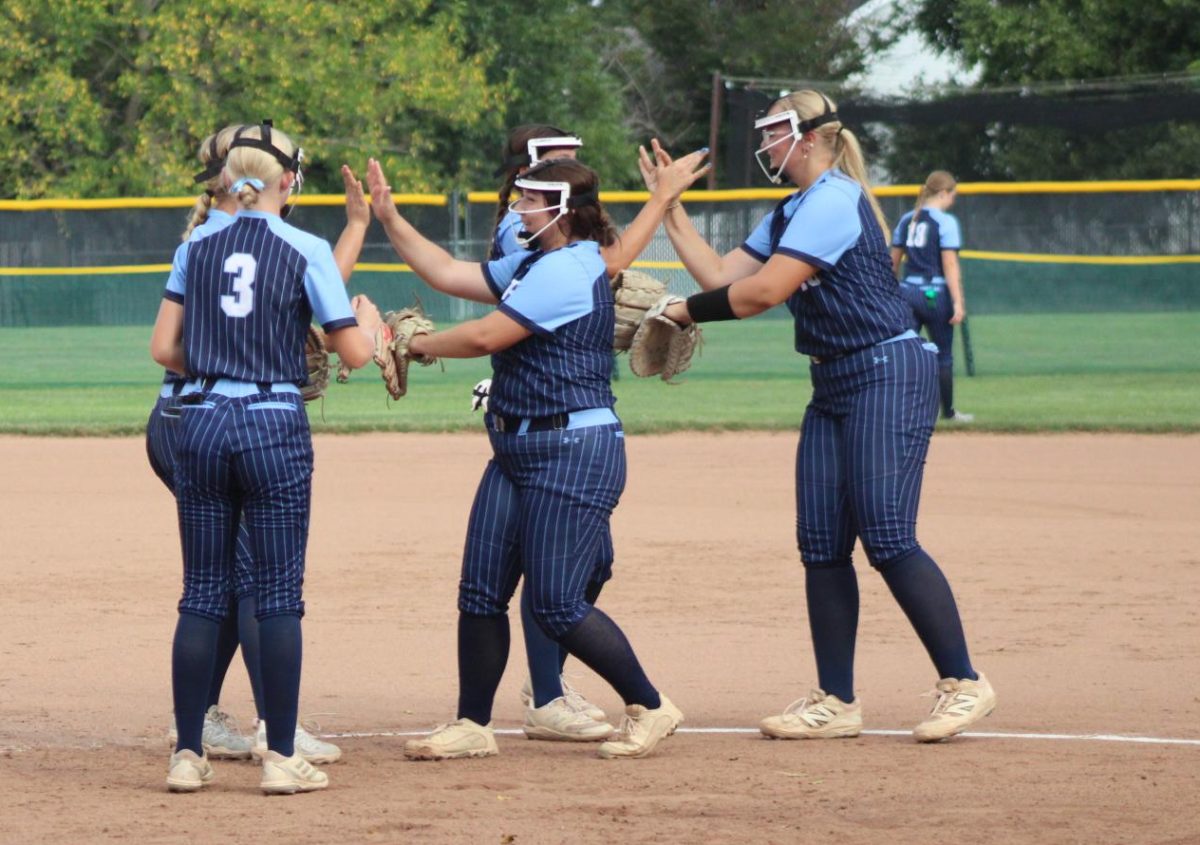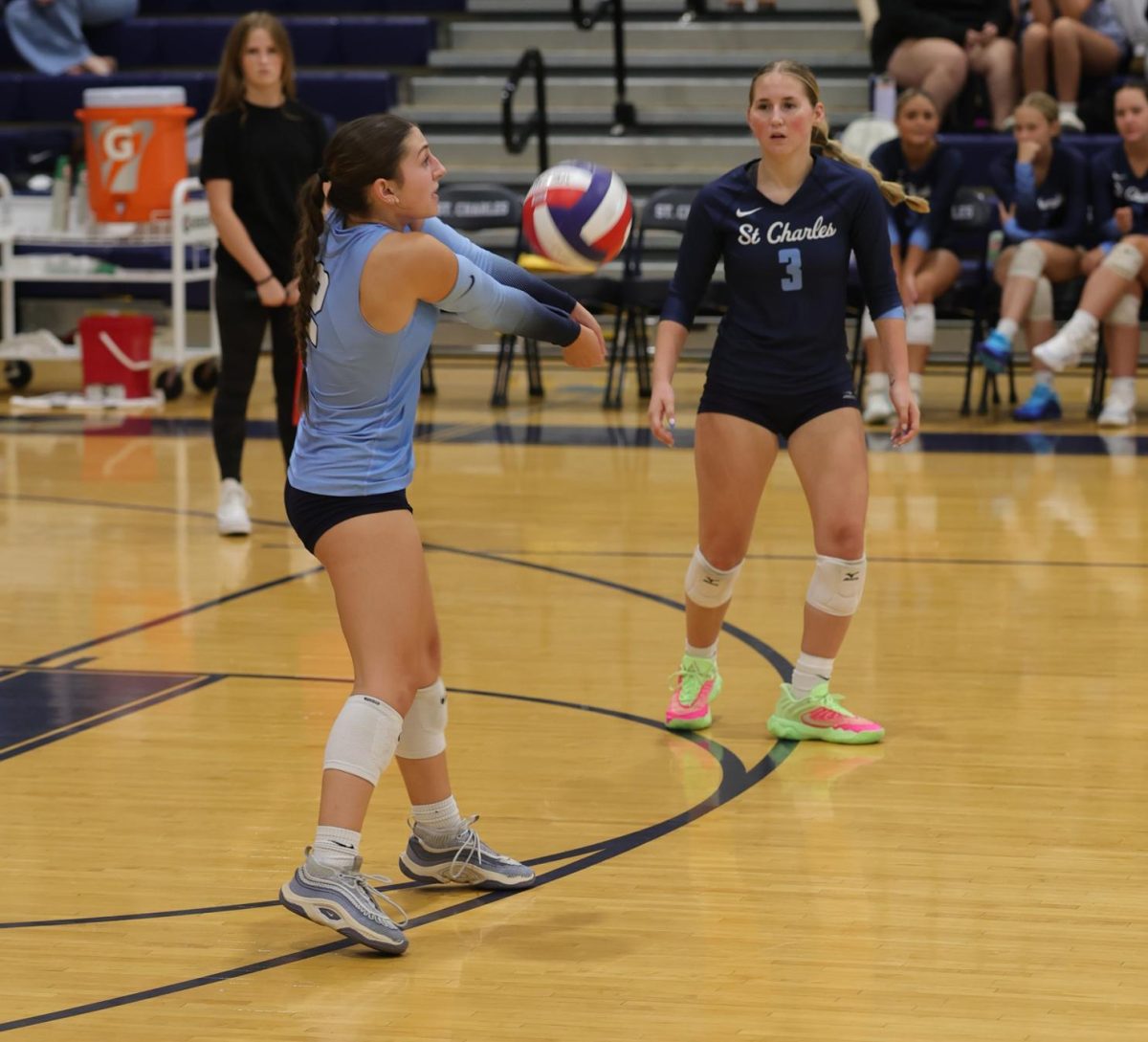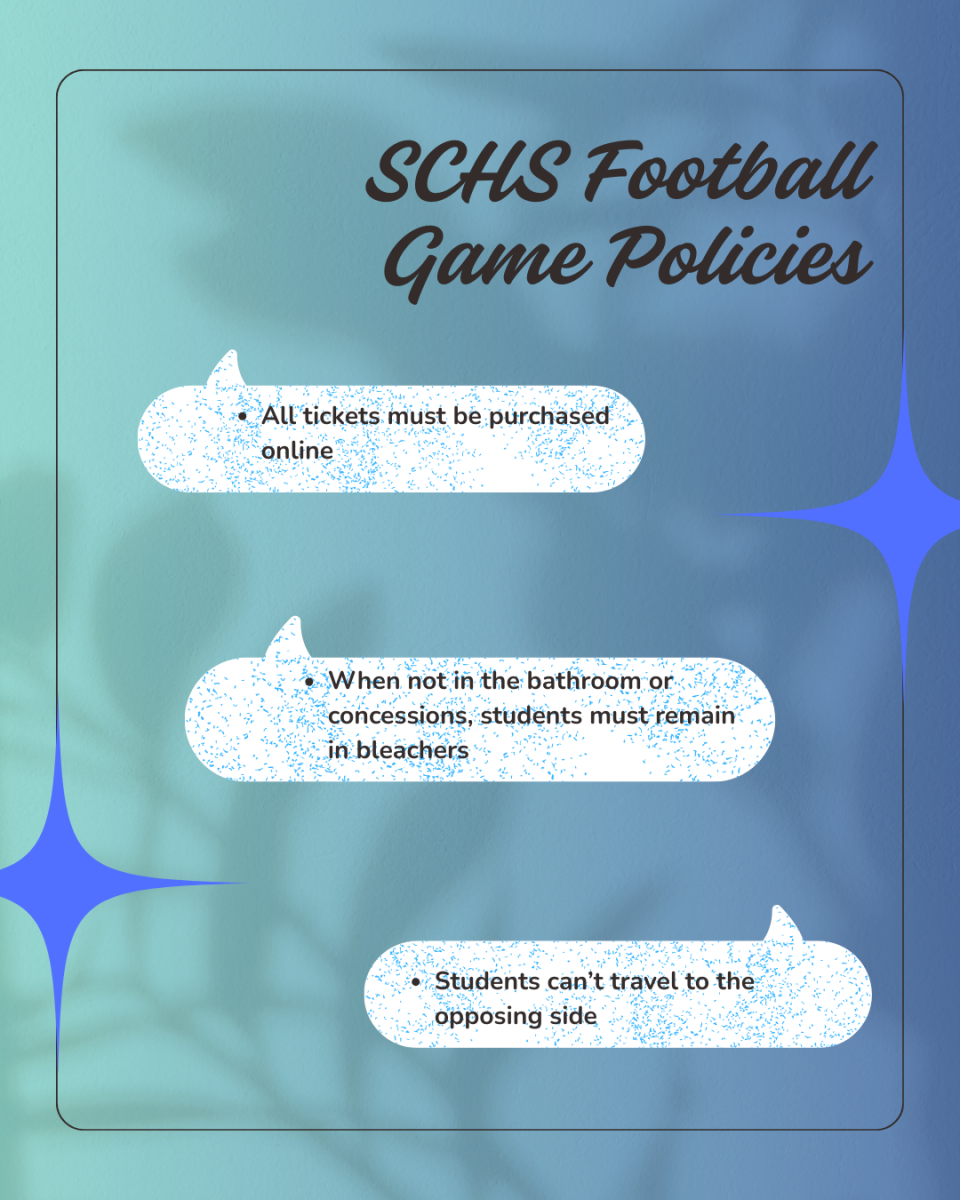Homecoming week isn’t a stranger to harmless pranks, things like TPing being a time honored tradition in most schools including ours. However, students this year took things too far. Cars and houses were ruined from excessive use of eggs, mustard, ketchup, etc. Fires were lit in yards, fish tanks were smashed beneath cars, among other things. These horrible acts not only affect the school as many parents and members of the community complain, believing the school to be at fault. But it is also the community as a whole which suffers greatly from these vandalistic acts.
“It’s supposed to be a fun week for everybody uh it’s never a fun week for us because the community believes the school should have a rule,” Principal Ted Happel said.
Though these problems were felt heavily throughout our school it seems that for whatever reasons St. Charles West was not left victim to such acts. These acts of vandalism and terror ruin what is meant to be a fun week for all. Instead of focusing on helping and giving back to the community, it turned it into the exact opposite. When looking for possible reasons for this spike of misbehavior, it’s hard to ignore the most obvious one: social media.
“I think social media has definitely had a place because people want to post,” Happel said.
A study by the YouthMedicalJournal shows that 92 percent of adolescents are active on social media. This mass amount of students using social media can be directly linked to this increase in delinquency as it is being rewarded by views, likes, and the admiration of their peers. In this day and age it has become extremely easy to get away with terrible acts, share them among peers, and do so all anonymously via groupchats or anonymous accounts. After the incidents, many community members were quick to point fingers towards the school, wanting answers for what had transpired. However the fault lies not in the school, but in what happens outside, as students plot and scheme leaving the school none the wiser. However, simply addressing this issue isn’t going to fix it.
In the future, Happel plans to do more conversing with the students, parents, coaches, and sponsors. He will also address and focus on the conversations coaches and sponsors will need to have with their students about the possible consequences towards their extracurricular activities as well.

















